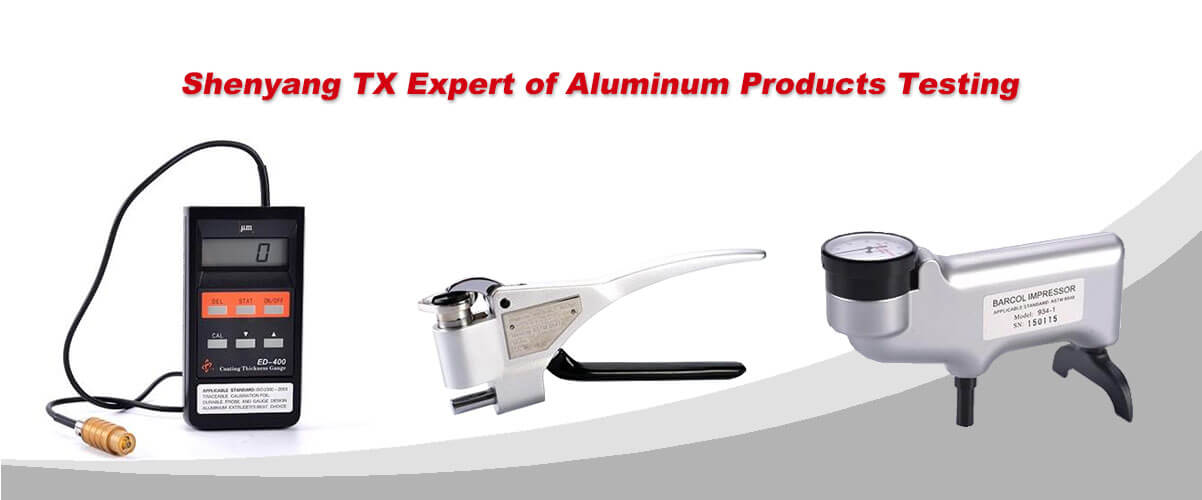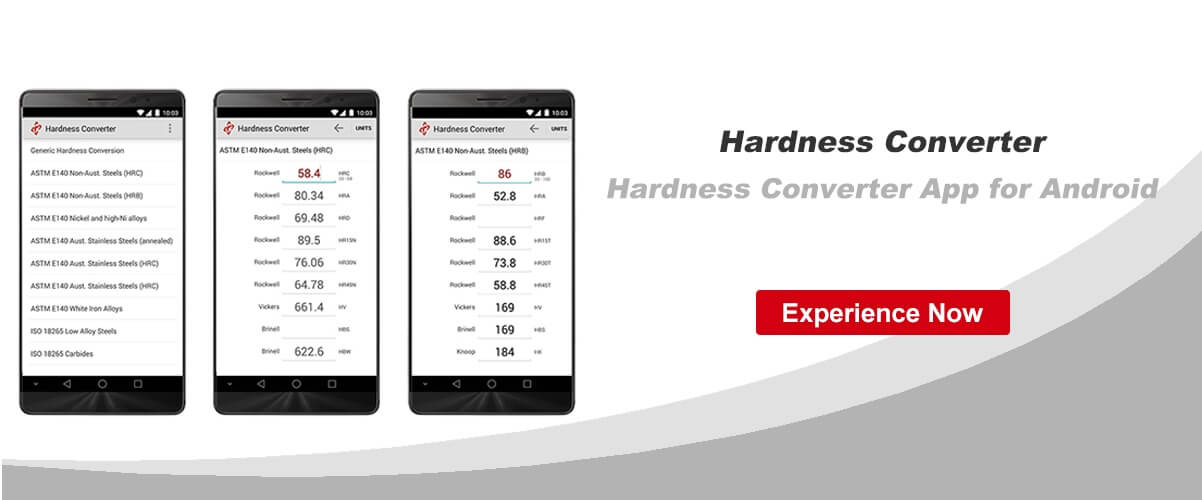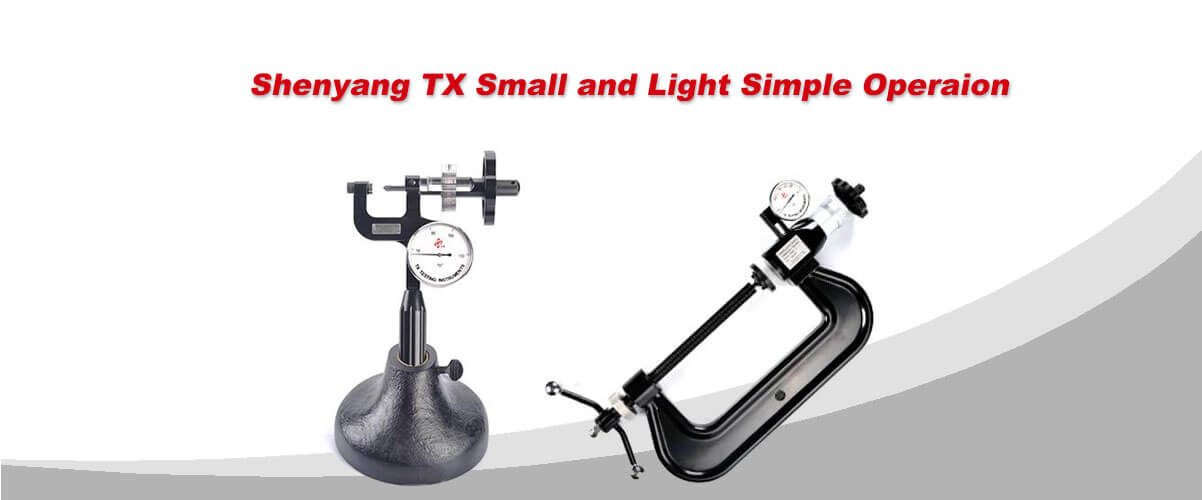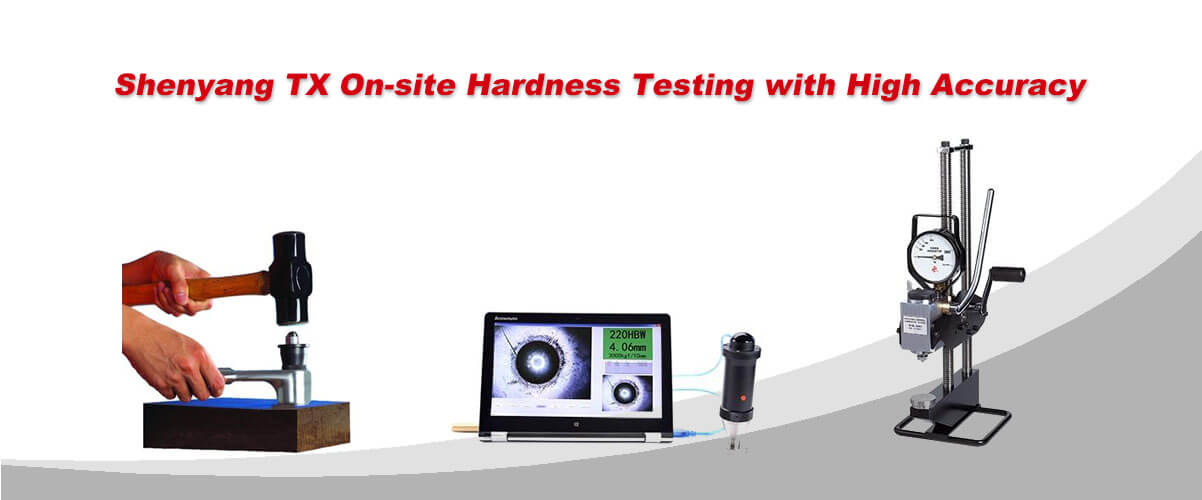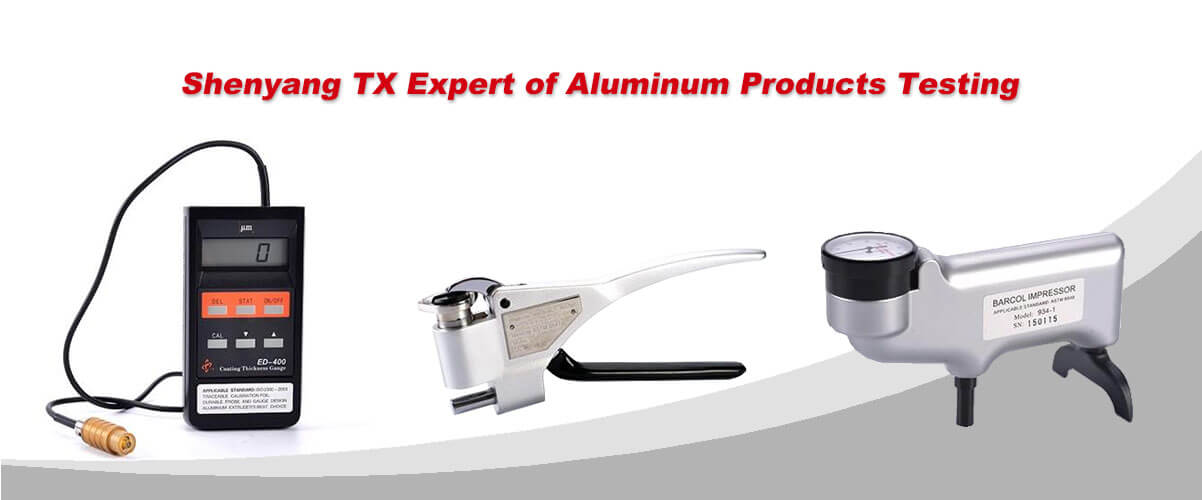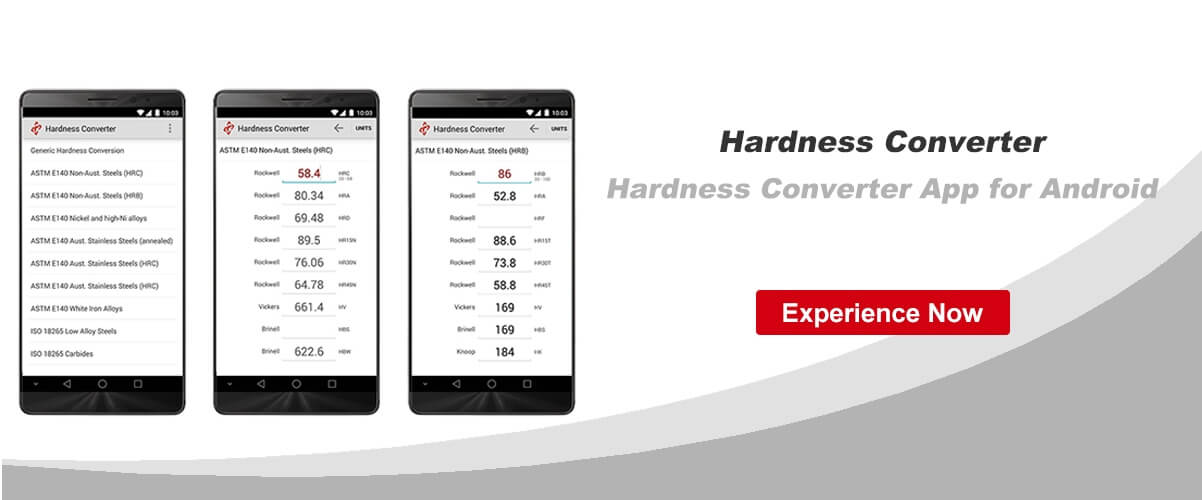Improper preparation or operation in actual work will reduce the accuracy of hardness testing. Here are some aspects to pay attention to in hardness testing:
1. Workpiece surface:
Before hardness testing, the surface of the workpiece shall be smooth and clean. If there is oxide scale, decarburization layer, rust, dirt, etc., it will affect the accuracy of hardness value;
2. Testing environment:
The temperature during test also affects the hardness value. If the temperature difference is large, it is necessary to re calibrate the hardness tester after changing the temperature;
3. Selection of ruler
For most hardness testers, there are different combinations of indenter and test force to correspond to different scales. Selecting appropriate indenter test force and measuring scale according to the actual hardness value range of the tested part is the prerequisite for obtaining accurate hardness value;
4. Load holding time of test force
Both Brinell hardness test and Rockwell hardness test have requirements on the load holding time, which must be done in strict accordance with the requirements. Do not try to save time and shorten the load holding time at will;
5. Conversion
The conversion between various hardness values will also produce errors, so it is recommended to reduce the mutual conversion of different hardness methods. Portable Brinell or Rockwell hardness tester can be used instead of Leeb hardness tester to directly obtain Brinell or Rockwell hardness values.

